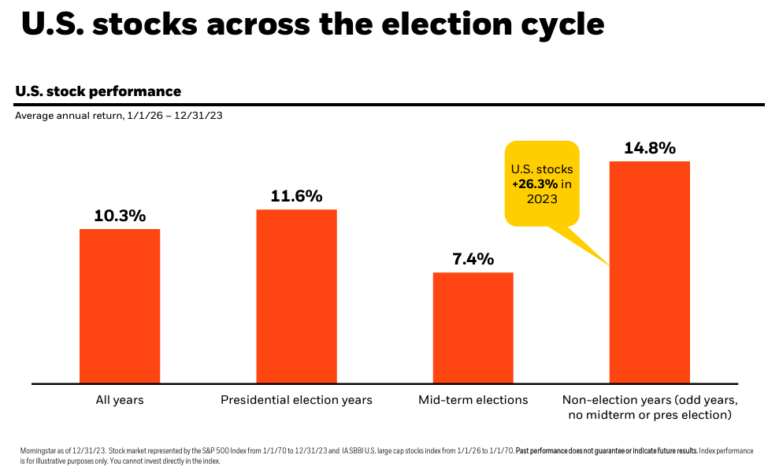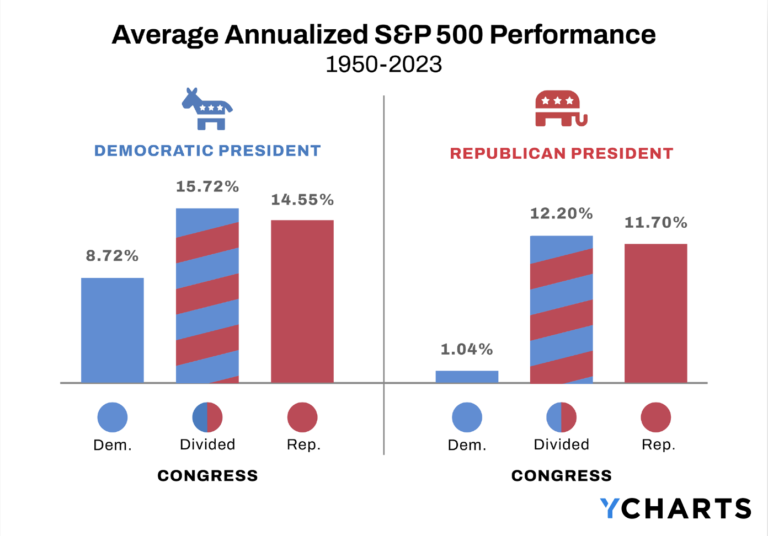Life insurance products can be very complicated. Insurance companies may create their own types of products with confusing terminology and a la carte options. The sea of options is often overwhelming to buyers who may end up locked into a policy they don’t need. For many families with young kids, having enough life insurance is a critical part of their financial plan. When considering what type of life insurance you need, remember, most families don’t need life insurance forever.
What type of life insurance do I need?
A comprehensive list of all the policies available is likely impossible, but here are a few of the more common types of life insurance found in the market today:
Term life insurance
Term life insurance covers the insured for a specific term period. Annual term policies may have the option to renew each year but 10, 20, and 30 year policies are common also. Term life insurance is strictly an insurance product like home or auto coverage – there is no savings or investment component to it unlike some other types of life insurance policies. Generally, term insurance is the most inexpensive type of insurance and suits the coverage needs of most. When considering term insurance, be aware of a couple of points:
Renewable vs nonrenewable. Renewable usually means you have the option to renew the policy without reapplying or another health exam. This feature costs more but recall earlier discussion on changes in health
Fixed or level premium. Unless your policy includes a level premium, term policies generally increase each year based on actuarial tables. A level premium policy will be more expensive at the outset, but your premiums won’t change over the life of the policy.
Whole life insurance
Whole life insurance is permanent – it covers your entire life. Also called a “forced savings” policy, premium payments are level and can be accelerated or remain until age 65. As discussed earlier, permanent life insurance is not necessary in most cases. Policies can offer dividend payments, loans, and/or a cash value. A cash value is essentially the liquid portion of your policy’s death benefit. Once available, tax-free withdrawals (up to your premium payments to date) may be used for other goals during your life. Remember though, withdrawals will reduce the death benefit. The policy will detail the exact terms, including the cash value accumulation schedule and surrender charge.
Universal life insurance
Universal life insurance is very similar to whole life. One difference is that you may have the ability to adjust your premium payment and death benefit as your circumstances change. Whole life insurance is not inexpensive, so for some, the added flexibility is important. Another difference is how the cash value accumulates. Policies are usually established with a minimum interest rate. If the insurance company’s portfolio outperforms, you may be able to participate in the growth, up to a stated maximum.
Group term life insurance from your employer
Some employers offer group term life insurance as a free employee benefit or provide the option to purchase low-cost term insurance. While these policies can be a very cost-effective way to gain coverage, they’re often too small to provide all the coverage you may need. Further, if you leave your job, the policy typically goes away. Some employers allow you to purchase the policy after you’ve left, but it’s often not cost-effective. As you think about your current situation and future insurance needs, keep this in mind. If you’re only covered by employer-sponsored life insurance, what could happen 3, 5, or 10 years from now if your employment ends? You may no longer qualify for insurance or it could be cost-prohibitive.
When should you buy life insurance?
Buying life insurance
There is no one best type of life insurance that will suit every situation. Before buying life insurance, consider the purpose of the insurance for you and your loved ones. Term insurance is so common because people typically just want the pure insurance aspect of it – to provide for their family in the event of premature death. They want to have low premiums and wish to invest excess cash flow in the market. However, some value the tax-advantaged “forced savings” aspect of life insurance, even though it comes at a cost.
Policies have become increasingly flexible with different riders and options that you can add to customize your plan. When shopping for life insurance, work with an independent agent and understand how they are compensated. Ask about fees, expenses, surrender term and charges, and the track record of the life insurance company itself. After all, you want to make sure the company is still in business decades later should you or a loved one need to file a claim.











